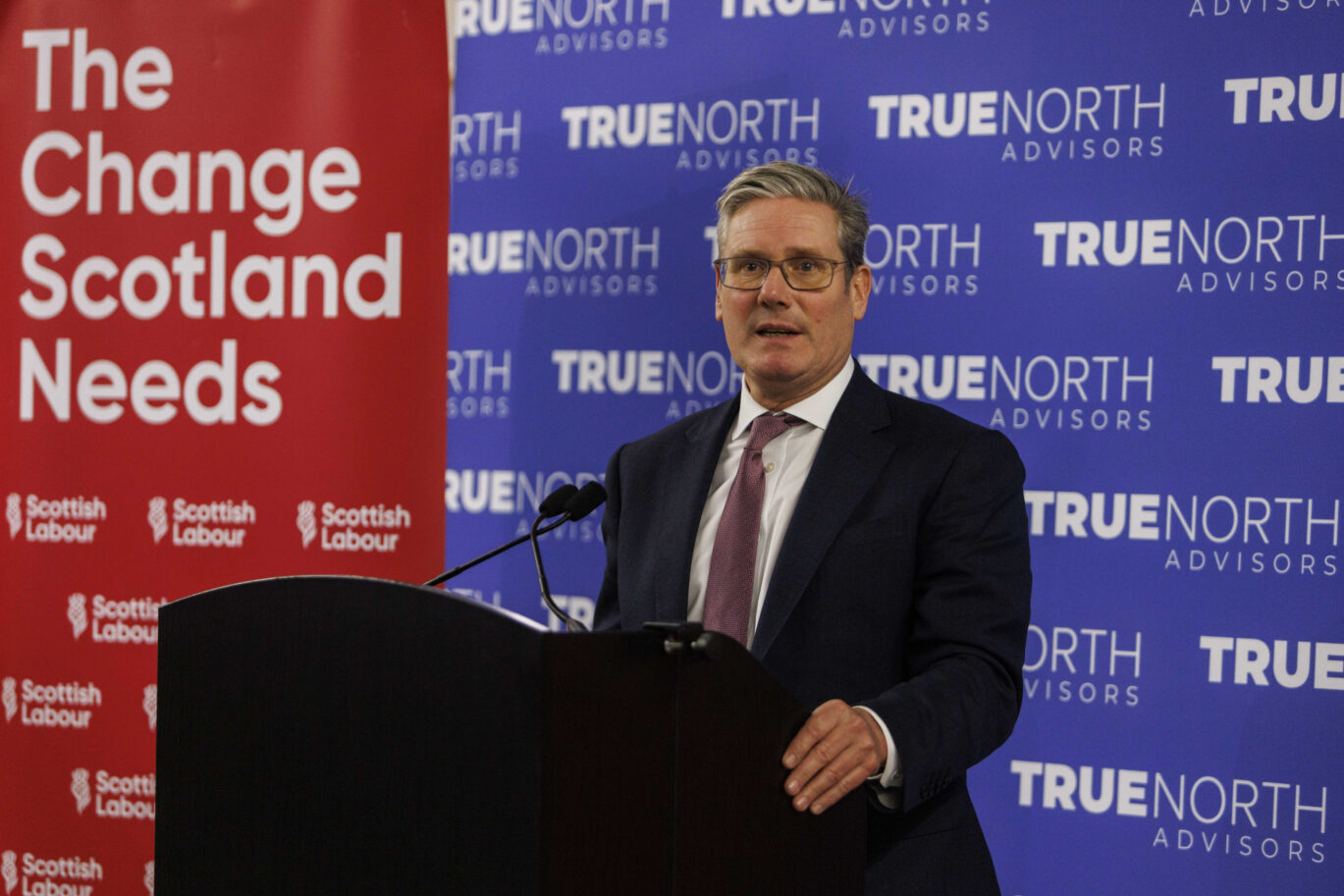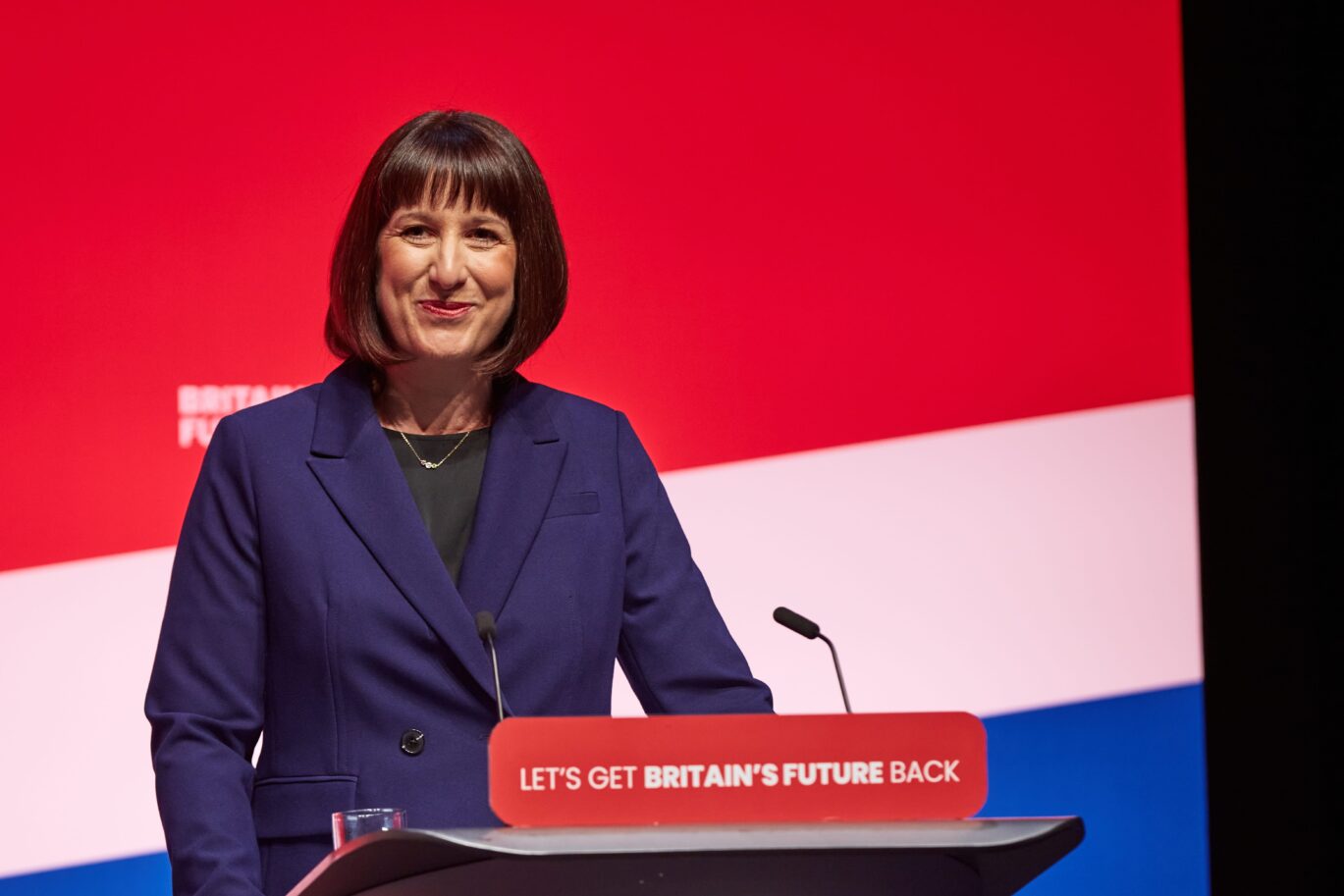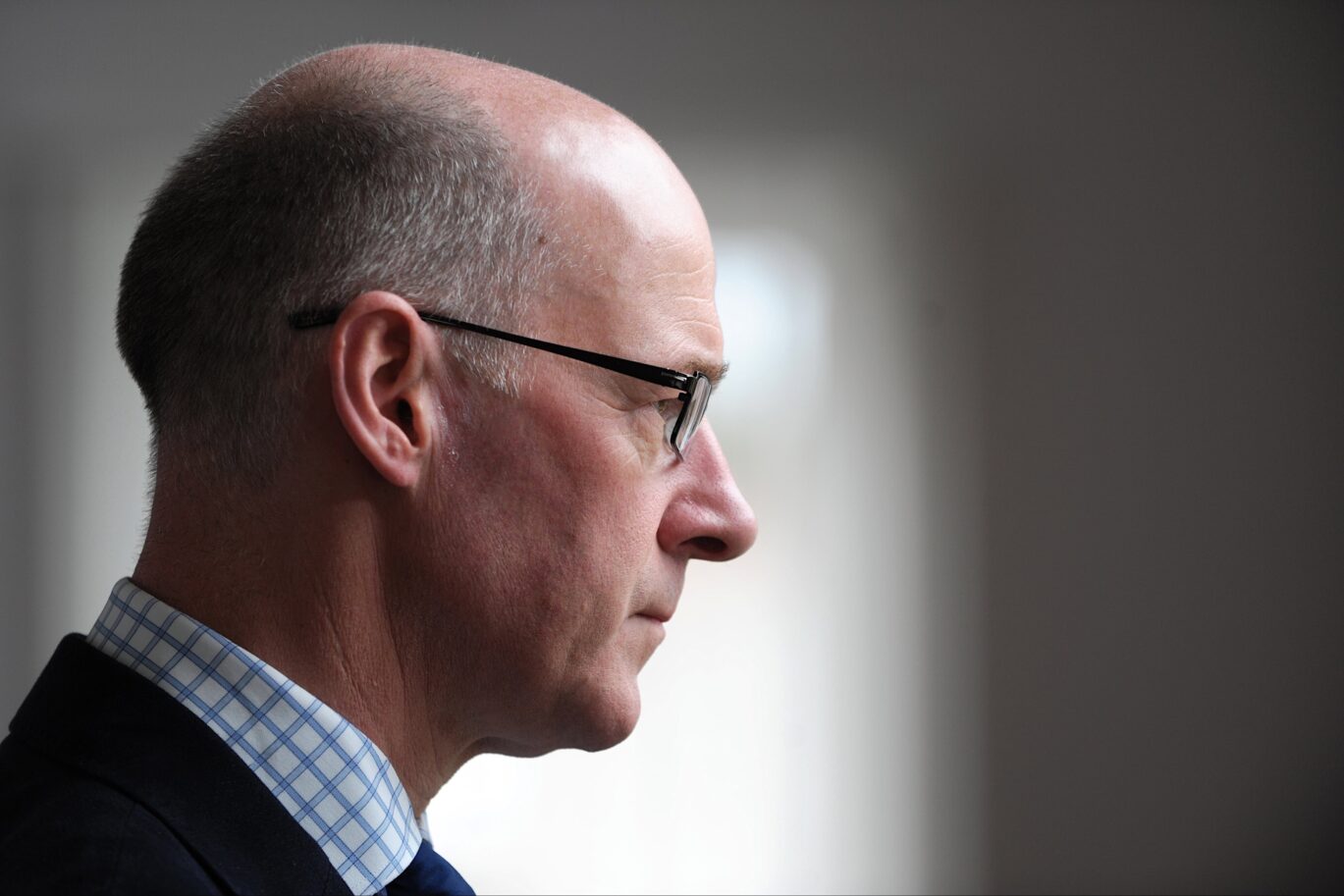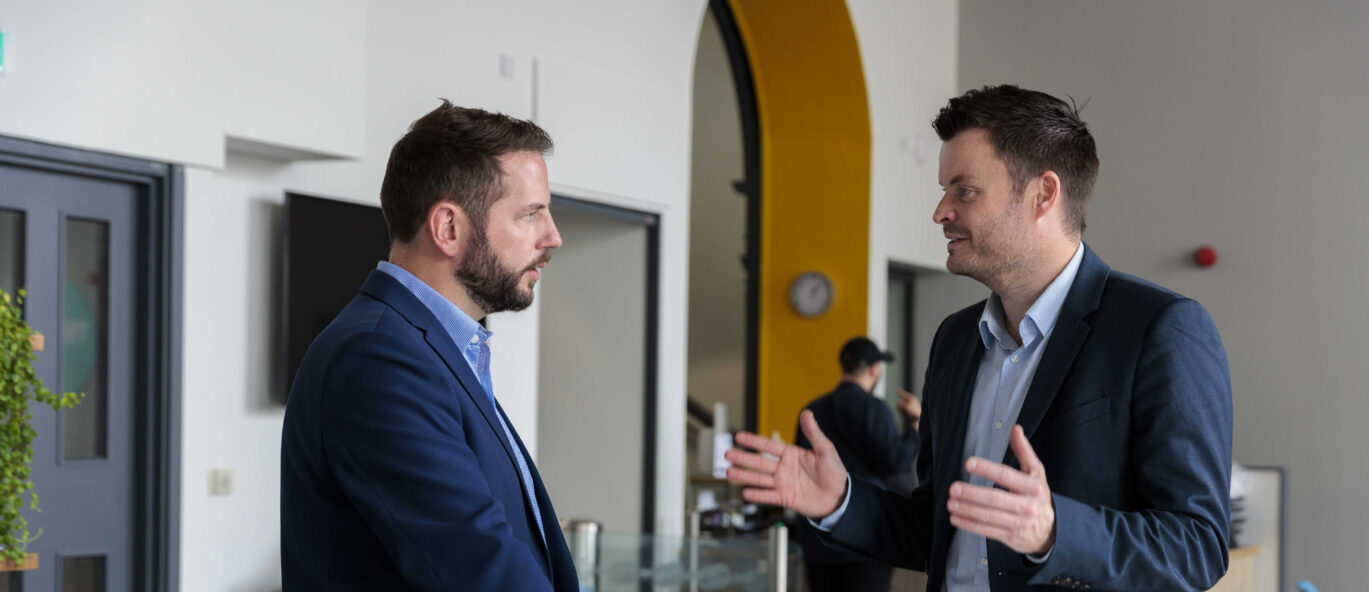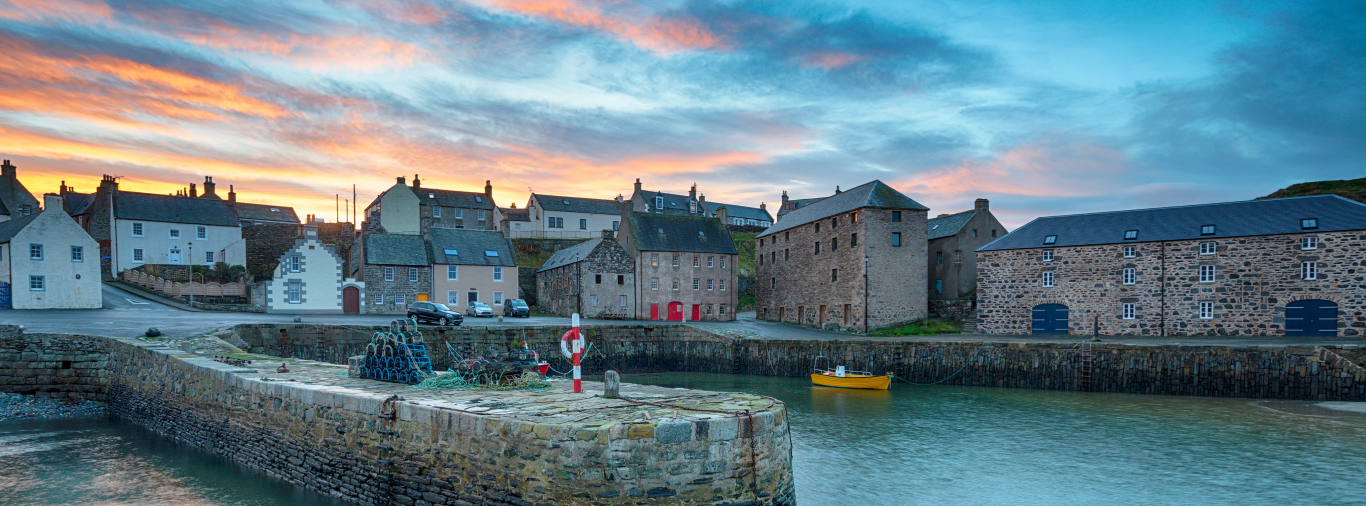As the General Election campaign moves into its closing stages, observers could be forgiven for stifling a yawn. After their most accident-prone campaign in living memory, the Tories are now circling the electoral plughole and will probably be relieved when it’s all over. Labour are on the home straight with success all but inevitable, a win of historic proportions on the cards, but their campaign too has been fairly muted, even dull, missing much sense of the hope and optimism that accompanied their victory in 1997. It doesn’t matter too much – a win’s a win – and in fact, modest expectations will probably work to their advantage once they have taken their places on the Government benches in the House of Commons.
In Scotland, John Swinney will be hoping that epic Tory losses will divert attention away from those of the SNP, who will find it hard to withstand the Labour challenge in urban central Scotland. Labour only needs to nose ahead in these marginal sets to win handsomely, and most polls suggest they will make significant gains at the SNP’s expense. Swinney will, however, be hoping to find some solace in a stronger performance in rural Scotland, particularly in the SNP-Tory marginals. If the SNP is able to hold on there, and maybe even take a seat or two off the Tories, they will have Douglas Ross to thank for it as much as Nigel Farage’s Reform UK. That would offer the SNP some consolation on what is anticipated to be a difficult night, and would help Swinney stabilise his party as the battle for the 2026 Holyrood elections begins in earnest.
As the curtain comes down on a UK election campaign that has been characterised by an unusual degree of domestic focus and political insularity, it’s perhaps worth remembering that other consequential electoral contests are underway elsewhere, notably in the USA and France, both of which have implications for the UK, and that the new UK Government will take up its responsibilities in a fraught geopolitical context, overshadowed by the conflicts in Ukraine and the Middle East. After the political myopia of the last few weeks, a new Labour government will need to raise its sights and quickly get to grips with foreign policy challenges as a matter of priority.
